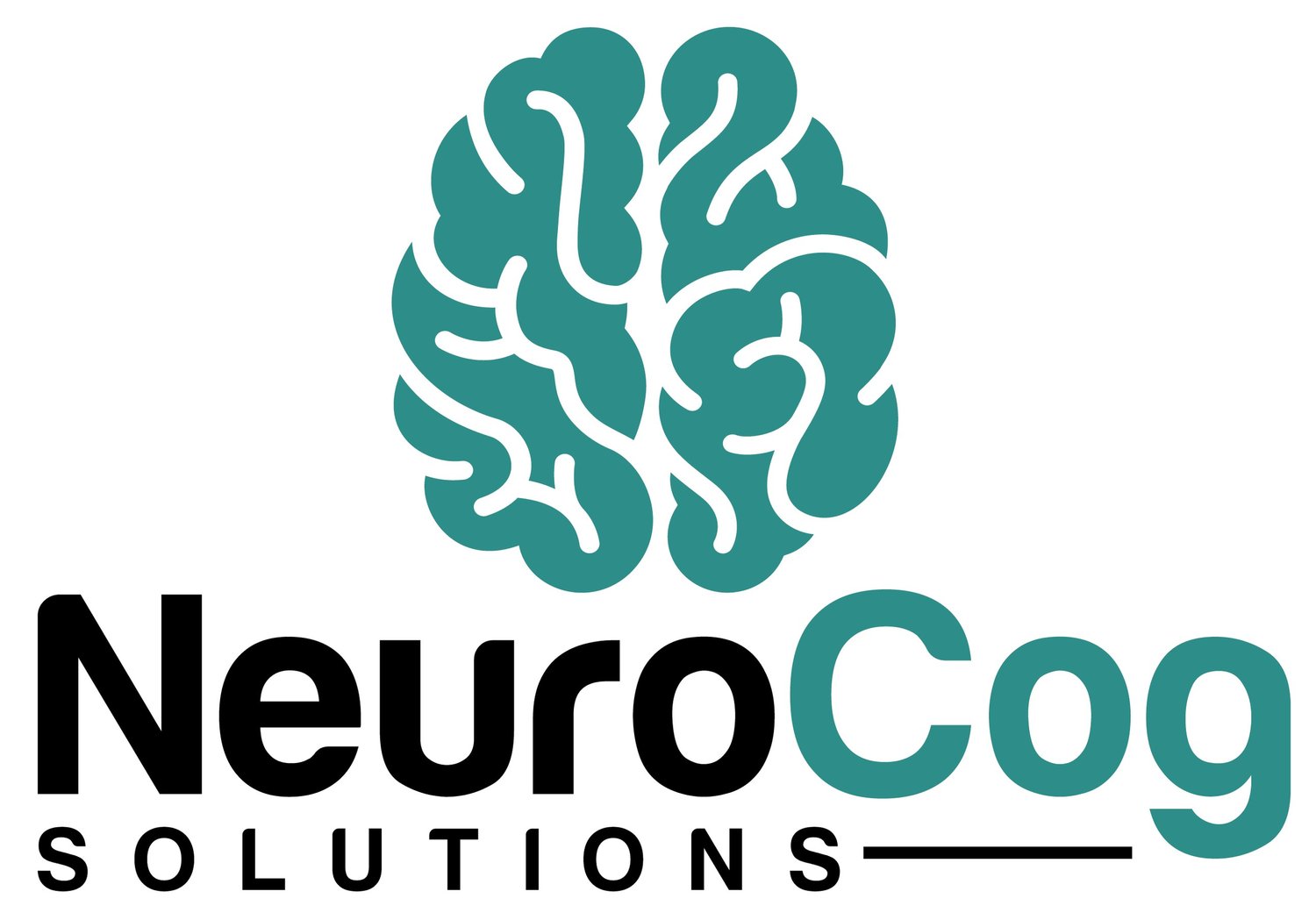
Stroke/Vascular
What is a stroke?
A stoke is caused by a blocked artery leading to the brain. When the artery is blocked, blood flow is restricted and the brain loses it’s supply of oxygen.
What are the symptoms of a stroke?
Strokes generally impair one half of a person’s body and the main symptoms of a person having a stroke are:
Numbness in the face, arm, or leg
Noticeable paralysis in one side of the face
Difficulty speaking
Confusion and difficulty understanding speech
Blindness in one or both eyes
Poor balance or dizziness
Severe headaches
If you feel that someone you know is having a stroke, you should call 911 immediately. Fast intervention is critical to receiving the most effective treatment.
If you think you are having a stroke, do not drive yourself to the hospital. Call 911 or have someone else drive you.
What is the difference between stroke and vascular dementia?
A stroke causes acute cognitive symptoms (whether it is a blockage or rupture). Patients have a loss of functioning, but may remain stable over time unless another stroke occurs.
Vascular dementia gradually worsens over time. Neuroimaging (MRI scan) may show small vessel ischemic disease (or white matter changes) beyond the effects of normal aging. Atherosclerosis is often a factor in vascular dementia. The blood vessels can accumulate plaque, inflammation, and chronic damage over the years. Chronic microbleeds or lack of sufficient blood flow over time causes a progressive decline. Vascular dementia is associated with lifestyle and health factors as shown on the right. Individuals can suffer acute stroke in addition to chronic slow changes over time.
How can a neuropsychologist help with a stroke patient?
Neuropsychological testing can help to determine whether a stroke survivor is ready or capable of returning to work, or to perform regular activities such as driving, or making financial or lifestyle decisions.
A neuropsychologist can also help to identify which areas of the brain may have been most affected by the stroke and can help provide a path to rehabilitation based on the results of the neuropsychological assessment.
How can a speech-language pathologist help with brain injury?
Speech-language pathologists can treat speech, language, and cognitive symptoms resulting from brain injury. This includes word finding problems, memory problems, and more. Click below to learn more!

